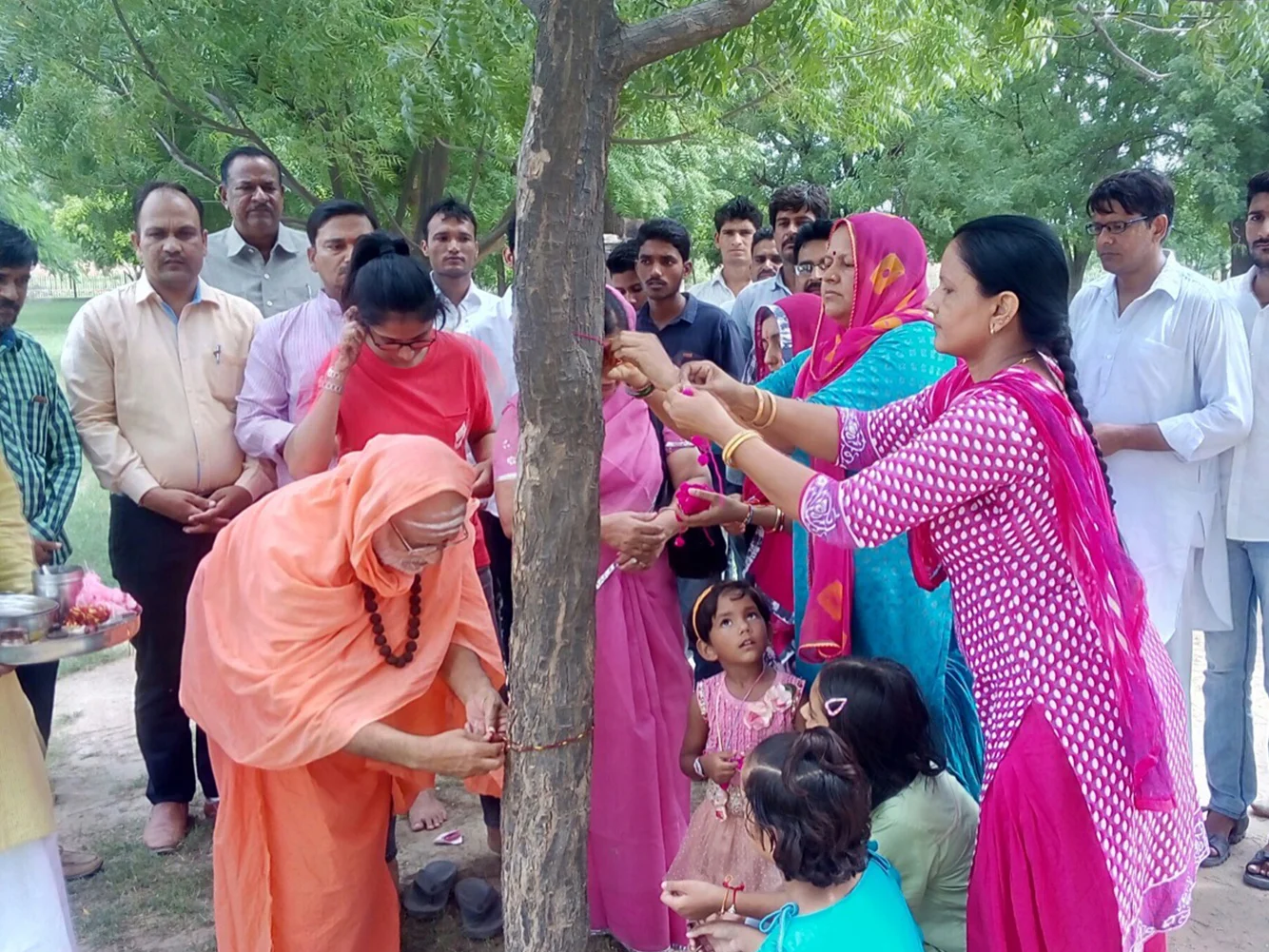
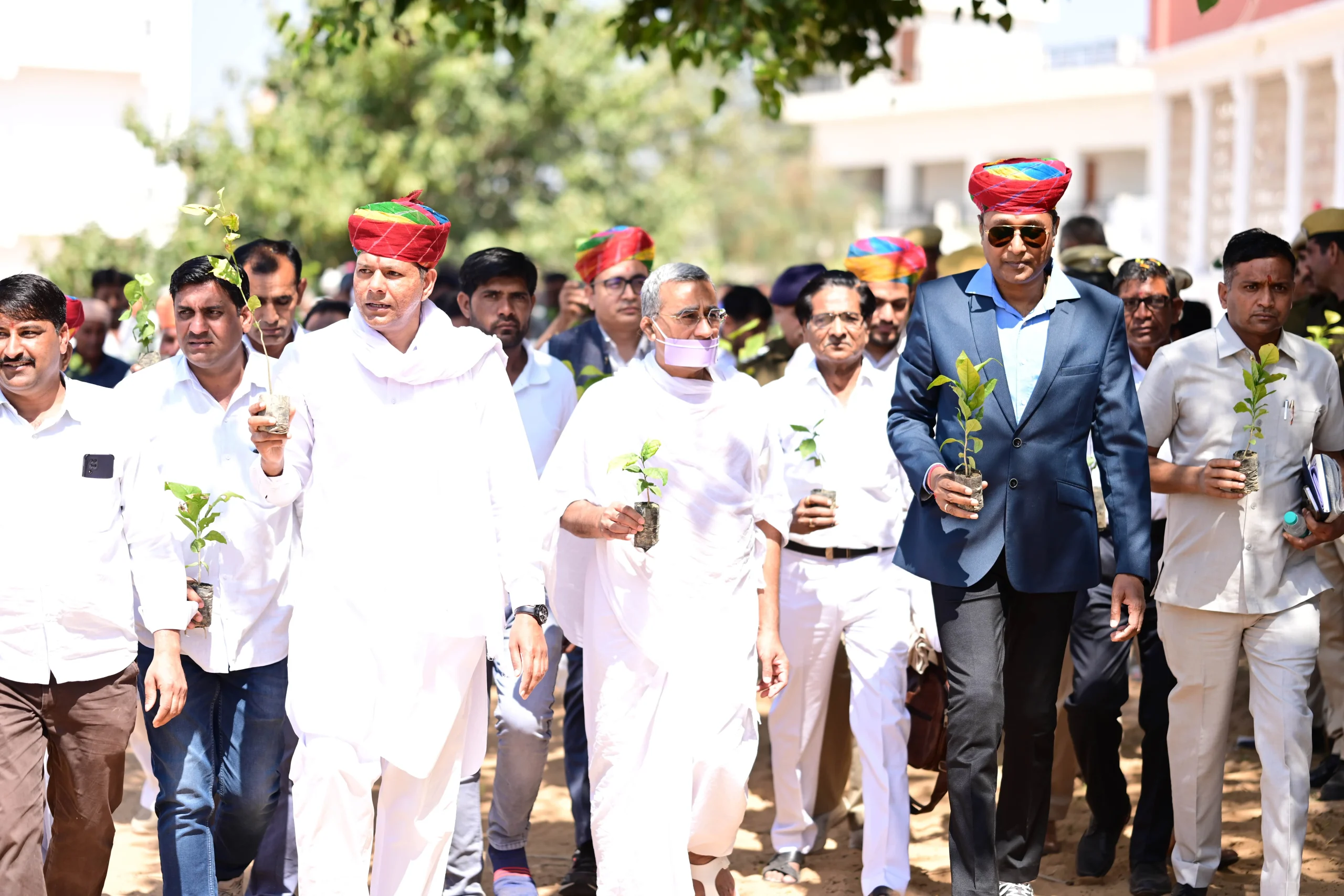
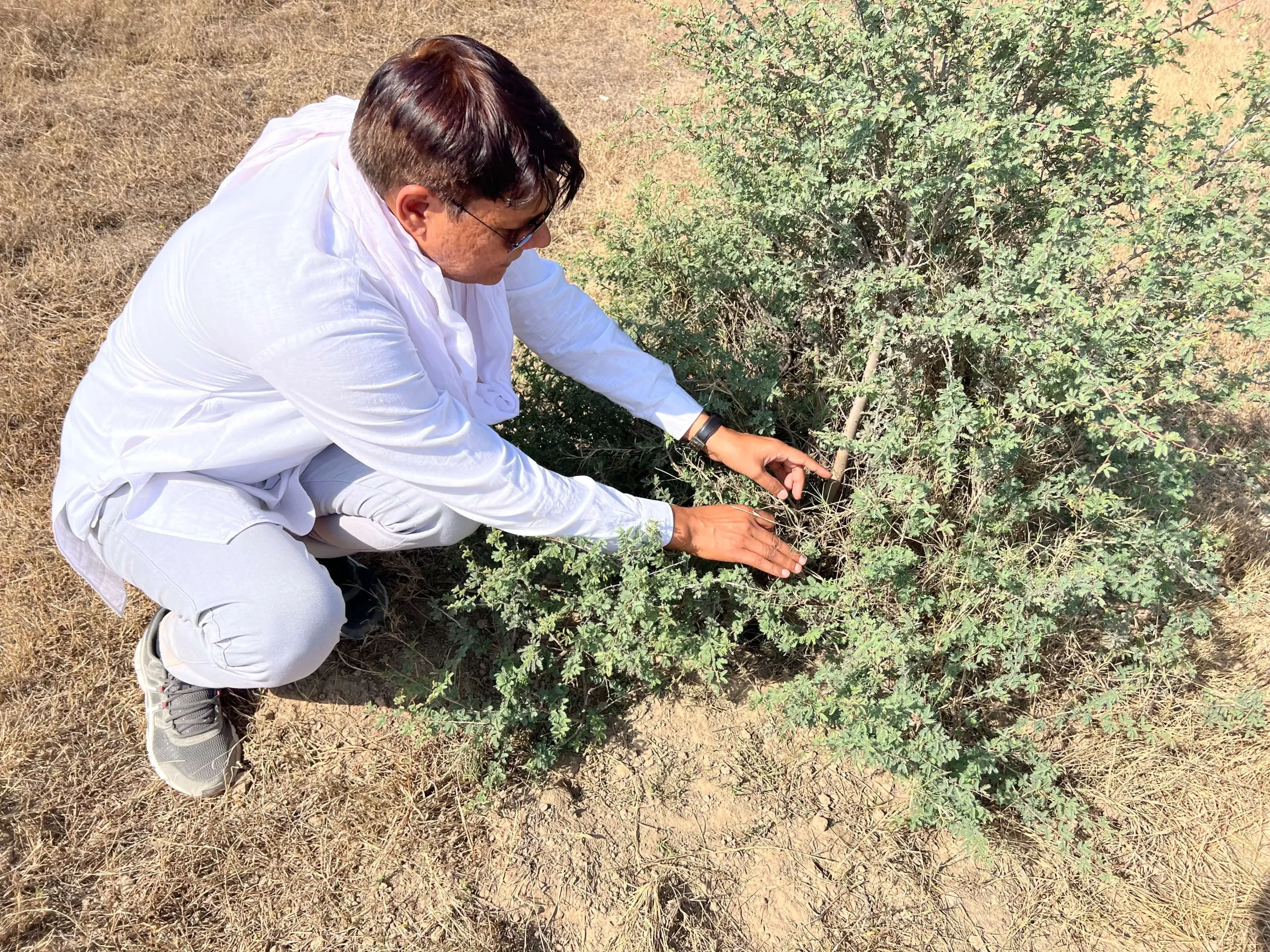
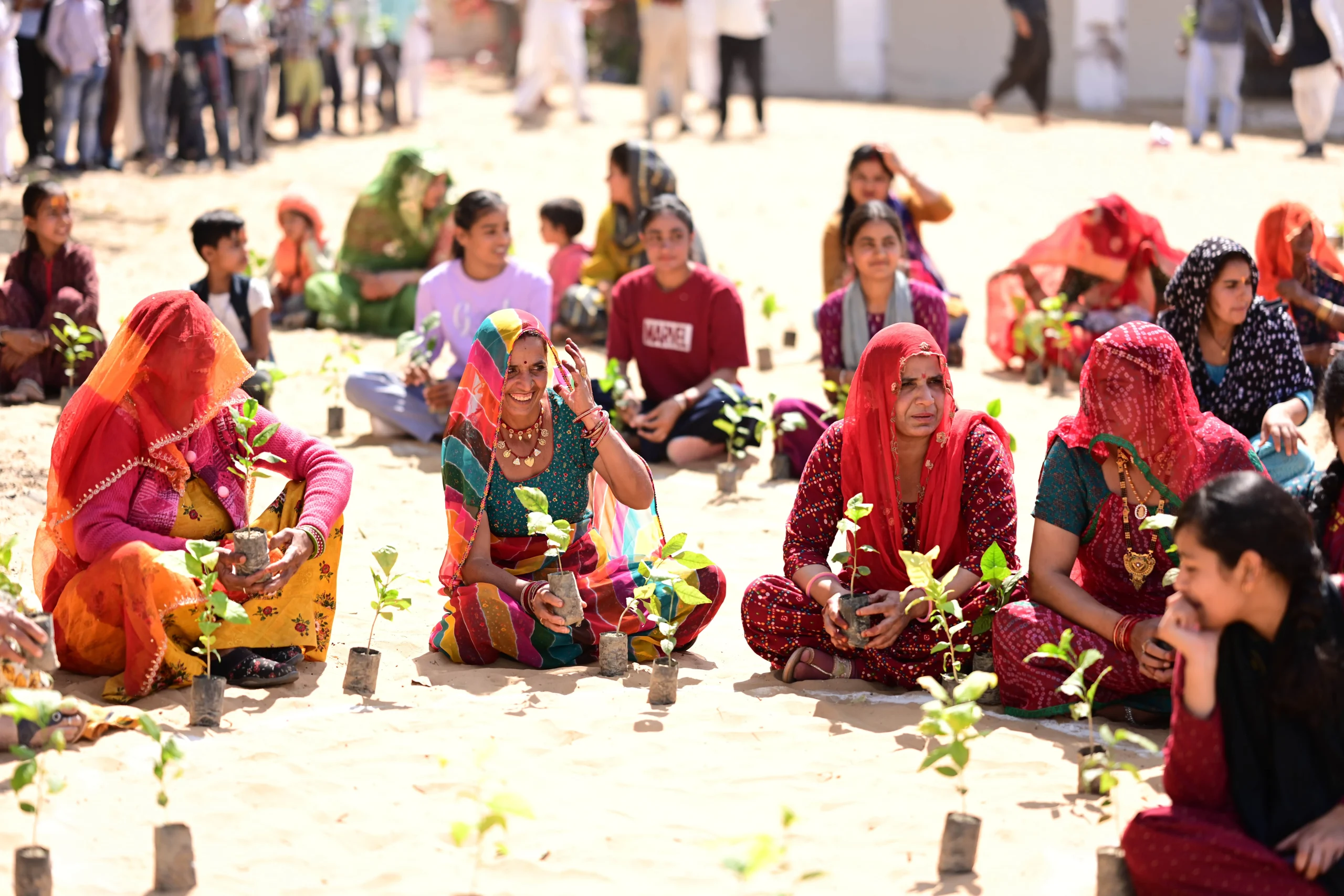
About Familial Forestry
A unique, community-driven environmental movement that integrates ecological restoration with cultural values and familial responsibility.
Our Story
Familial Forestry is a revolutionary concept conceptualized and led by Shyam Sunder Jyani, Associate Professor and UN’s Land for Life Award Laureate. This intervention has transformed the way people perceive and interact with trees—not as external resources, but as members of the family and community.
Originating in the arid landscapes of western Rajasthan, Familial Forestry is rooted in the belief that environmental conservation must begin at home, with each household embracing trees as “green family members” and nurturing them with the same care and commitment as they would a loved one.
Core Philosophy: Cultural Ecology in Action
Familial Forestry draws upon India’s deep-rooted cultural reverence for nature—particularly the Jasnathi wisdom of ecological civilisation—blending traditional values with contemporary ecological needs. The approach is holistic, aiming not just for tree planting, but for ecosystem restoration, community empowerment, and climate resilience.
It operates within the framework of Cultural Ecology, where culture and environment are interdependent. By embedding environmental action in local customs, festivals, and family rituals, the initiative fosters a profound shift—from ownership to kinship with nature.
Key Components of Familial Forestry
Our approach combines multiple strategies to create lasting environmental and social impact
Trees as Family Members
Every family emotionally adopts and cares for trees, fostering a shared community responsibility to protect and nurture them.
Native Species Plantation
Drought-resilient, climate-adaptive native vegetation for restoring degraded lands, campuses, and urban green spaces.
Public Nurseries
Free saplings are provided through the Dev Jasnath Familial Forestry Public Nursery, a model of community participation.
Institutional Forests
Over 200 institutional forests created in schools, colleges, and public spaces, serving as classrooms, biodiversity hubs, and carbon sinks.
Community Participation
Community engagement via stories, traditions, schools, and gatherings, focusing on women, children, and elders as change-makers.
Roonkh Reet: A Social Duty
Roonkh Reet urges citizens to give ₹1 a day for tree care, nurseries, and eco-education, making environmental care a shared duty.
Agroforestry
Familial Forestry promotes sustainable agroforestry models that blend agriculture and forestry, ensuring better livelihoods, food security, and environmental resilience.
Holistic Habitat Healing
A comprehensive approach to habitat restoration that considers various dimensions of ecosystem health, community engagement, and the incorporation of Familial Forestry.
Trees as Family Members
Every family emotionally adopts and cares for trees, fostering a shared community responsibility to protect and nurture them.
Native Species Plantation
Drought-resilient, climate-adaptive native vegetation for restoring degraded lands, campuses, and urban green spaces.
Public Nurseries
Free saplings are provided through the Dev Jasnath Familial Forestry Public Nursery, a model of community participation.
Institutional Forests
Over 200 institutional forests created in schools, colleges, and public spaces, serving as classrooms, biodiversity hubs, and carbon sinks.
Community Participation
Community engagement via stories, traditions, schools, and gatherings, focusing on women, children, and elders as change-makers.
Roonkh Reet: A Social Duty
Roonkh Reet urges citizens to give ₹1 a day for tree care, nurseries, and eco-education, making environmental care a shared duty.
Roonkh Reet: A Social Duty
Storytelling, folk arts, school activities, and village meets—empowering women, children, and elders as active community change-makers.
Roonkh Reet: A Social Duty
Roonkh Reet urges citizens to give ₹1 a day for tree care, nurseries, and environmental awareness, making nature care a shared duty.
Our Impact
Recognition
Our work has been recognized nationally and internationally.
UNCCD's Land for Life Award – 2021
Recognized by the United Nations Convention to Combat Desertification for our innovative approach to land restoration.
Nature Positive Universities Network
Featured by this joint initiative of UNEP and the University of Oxford.
UNCCD COPs Recognition
Presented at UNCCD COPs events, and acknowledged by academic, governmental, and civil society stakeholders.
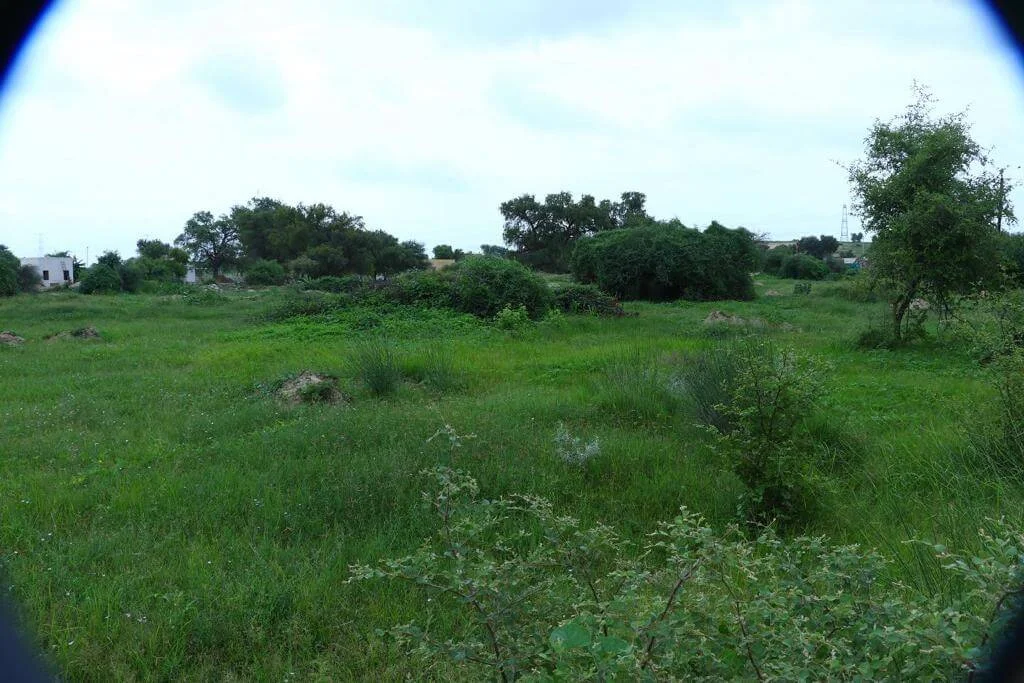
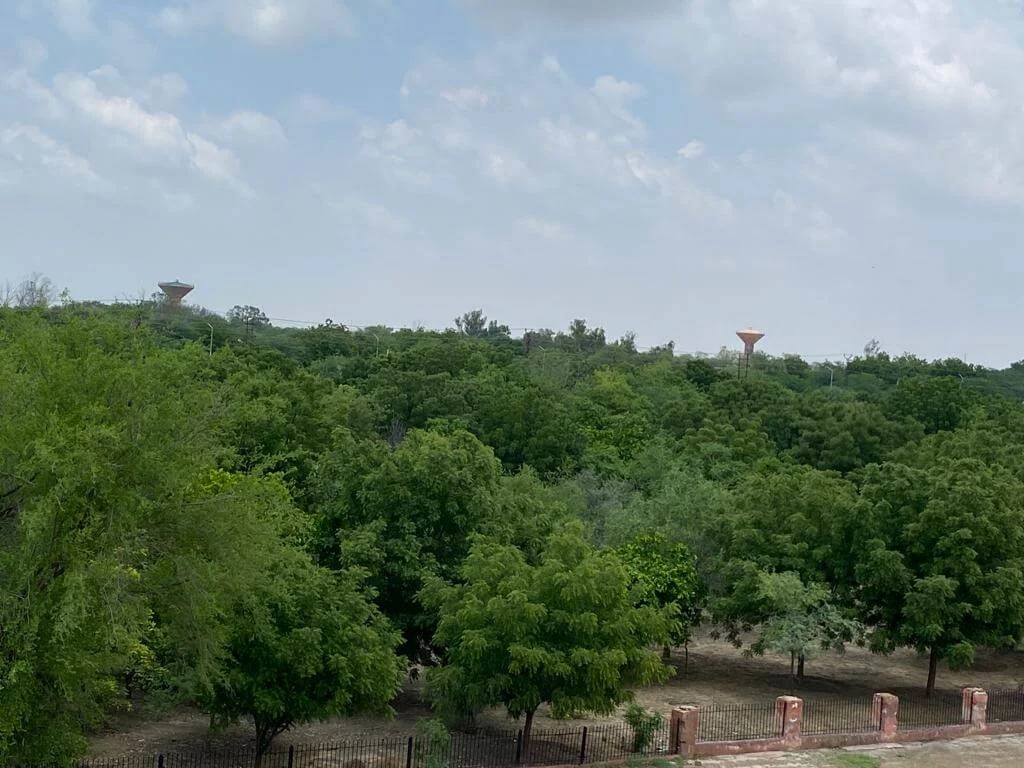
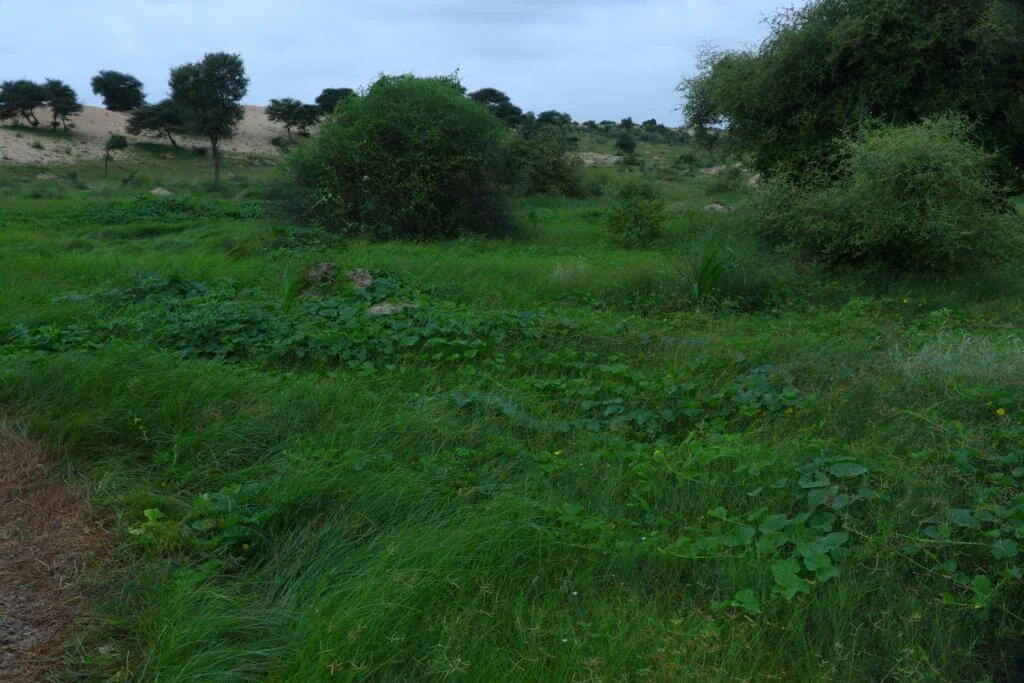
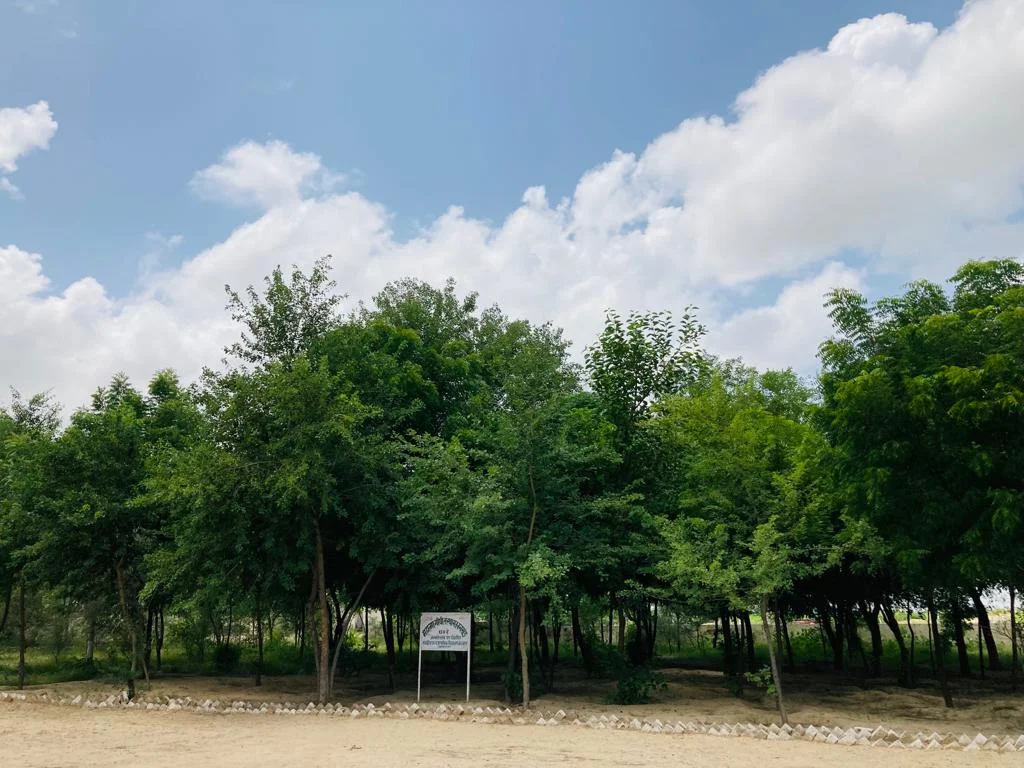
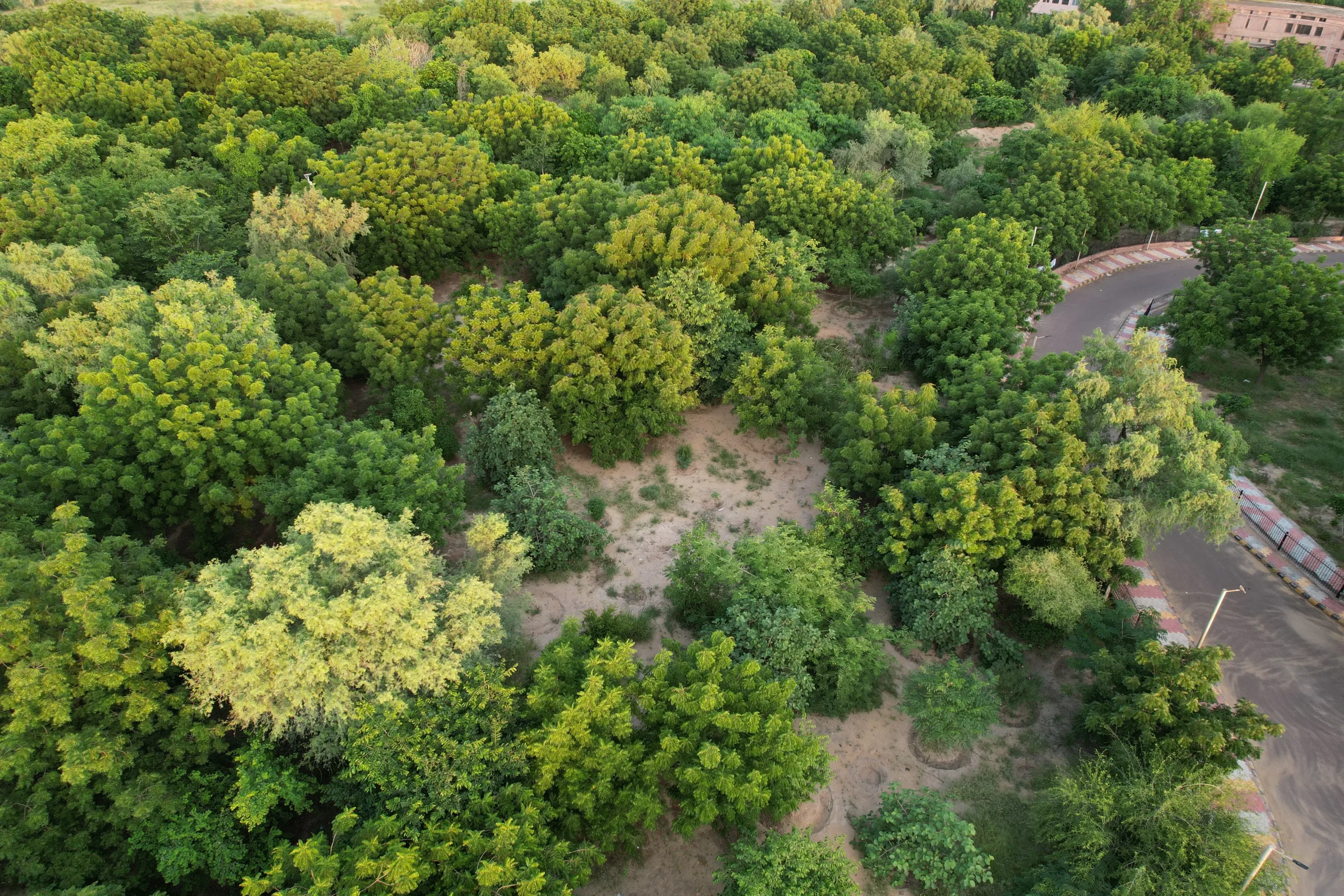
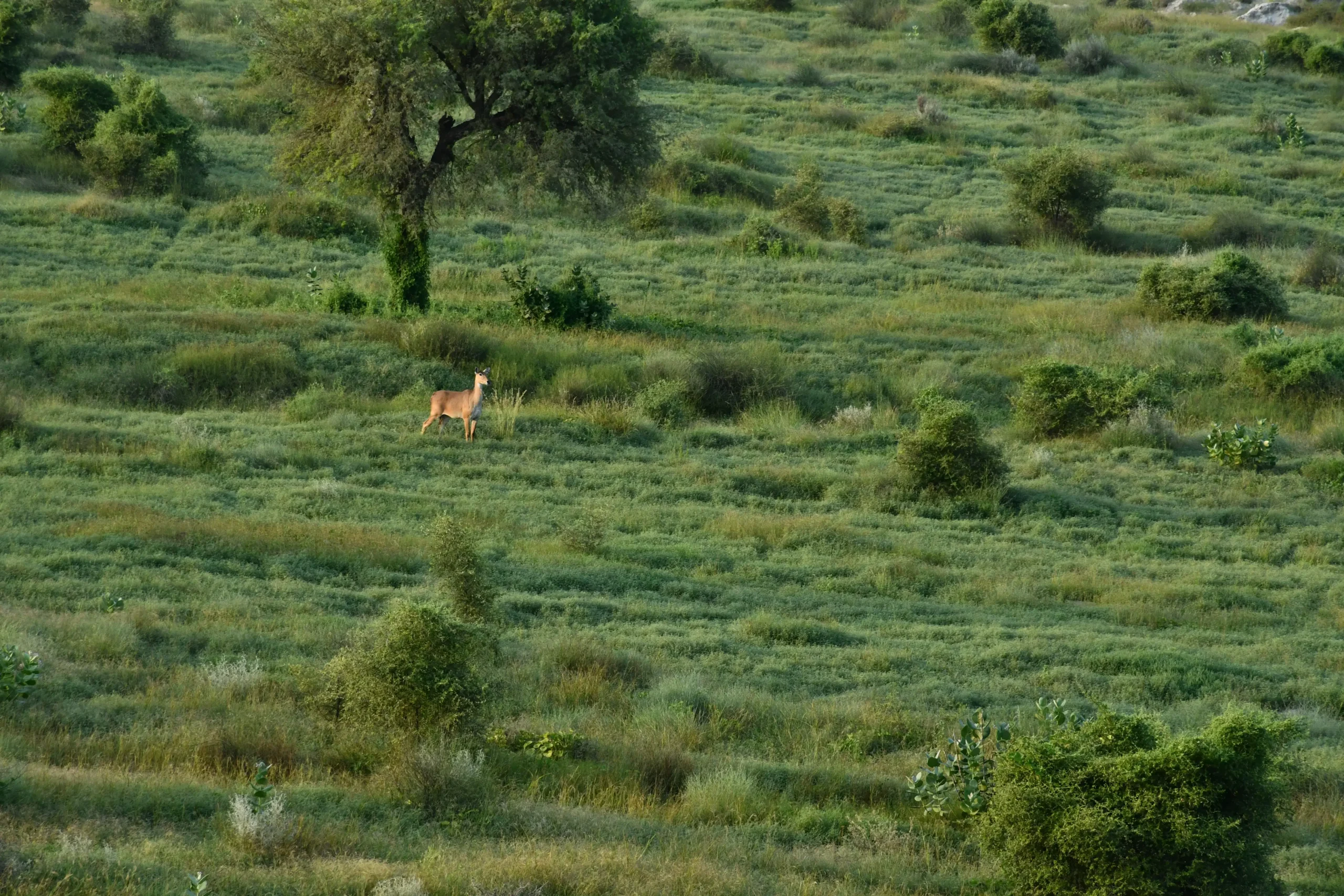
As India's largest community based Tree plantation and Eco restoration initiative, Familial Forestry is more than a campaign—it is a cultural and ecological renaissance. At a time when climate change endangers ecosystems and livelihoods, this movement presents a people-led, low-cost, and deeply sustainable model of restoration rooted in emotion, ethics, and ecology.
As India's largest community based Tree plantation and Eco restoration initiative, Familial Forestry is more than a campaign—it is a cultural and ecological renaissance. At a time when climate change endangers ecosystems and livelihoods, this movement presents a people-led, low-cost, and deeply sustainable model of restoration rooted in emotion, ethics, and ecology.
As India's largest community based Tree plantation and Eco restoration initiative, Familial Forestry is more than a campaign—it is a cultural and ecological renaissance. At a time when climate change endangers ecosystems and livelihoods, this movement presents a people-led, low-cost, and deeply sustainable model of restoration rooted in emotion, ethics, and ecology.
As India's largest community based Tree plantation and Eco restoration initiative, Familial Forestry is more than a campaign—it is a cultural and ecological renaissance. At a time when climate change endangers ecosystems and livelihoods, this movement presents a people-led, low-cost, and deeply sustainable model of restoration rooted in emotion, ethics, and ecology.
As India's largest community based Tree plantation and Eco restoration initiative, Familial Forestry is more than a campaign—it is a cultural and ecological renaissance. At a time when climate change endangers ecosystems and livelihoods, this movement presents a people-led, low-cost, and deeply sustainable model of restoration rooted in emotion, ethics, and ecology.
As India's largest community based Tree plantation and Eco restoration initiative, Familial Forestry is more than a campaign—it is a cultural and ecological renaissance. At a time when climate change endangers ecosystems and livelihoods, this movement presents a people-led, low-cost, and deeply sustainable model of restoration rooted in emotion, ethics, and ecology.
